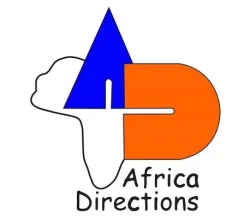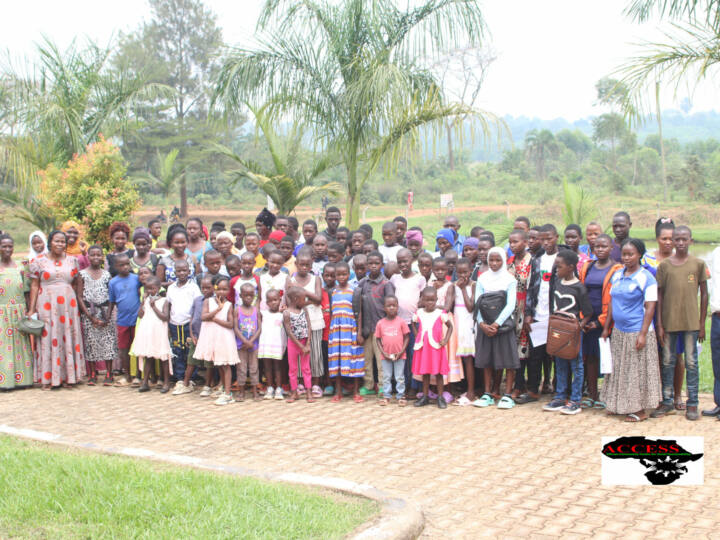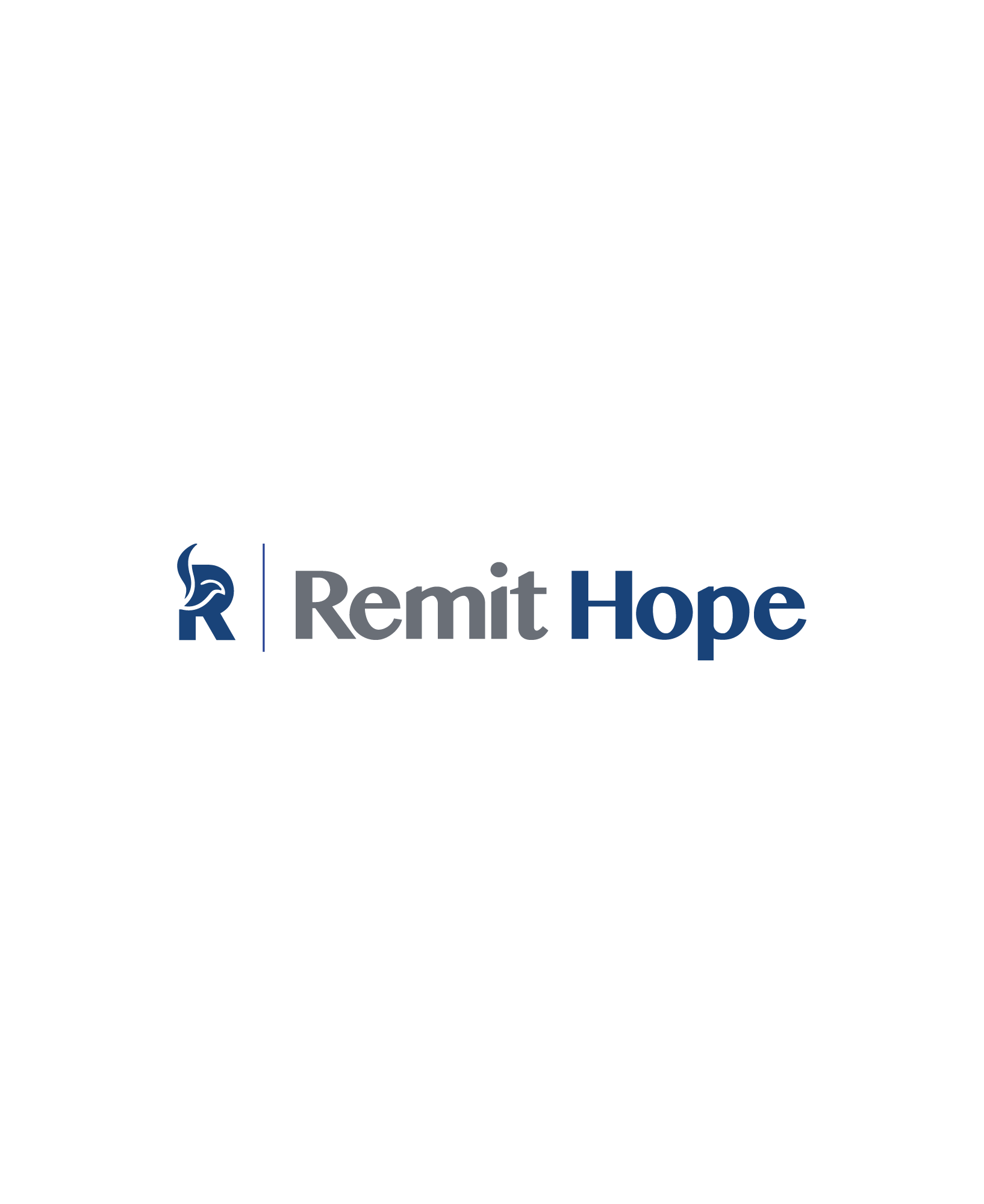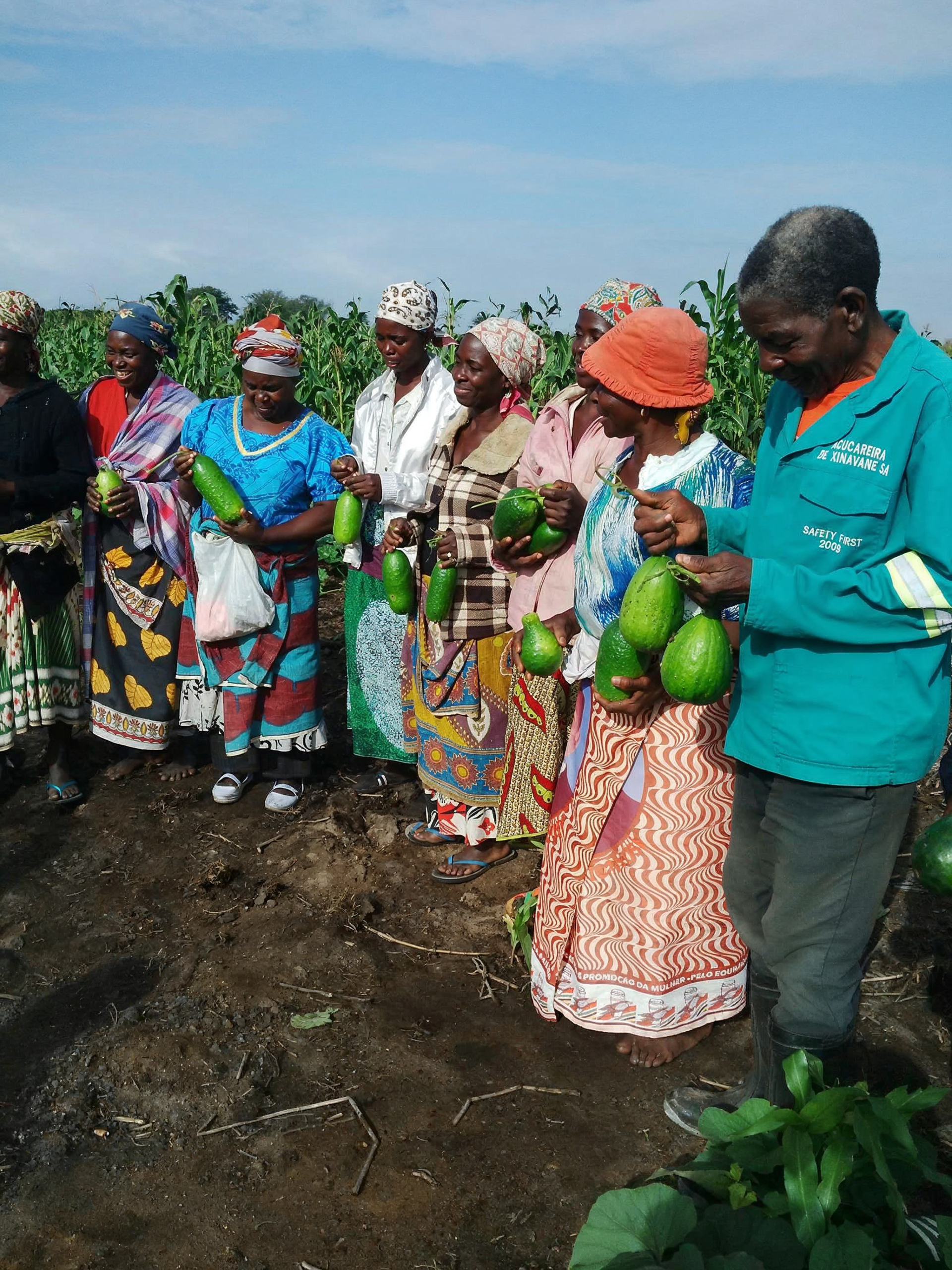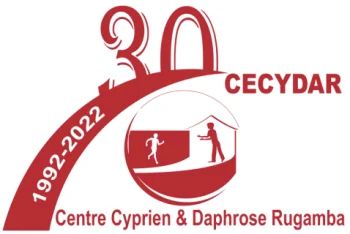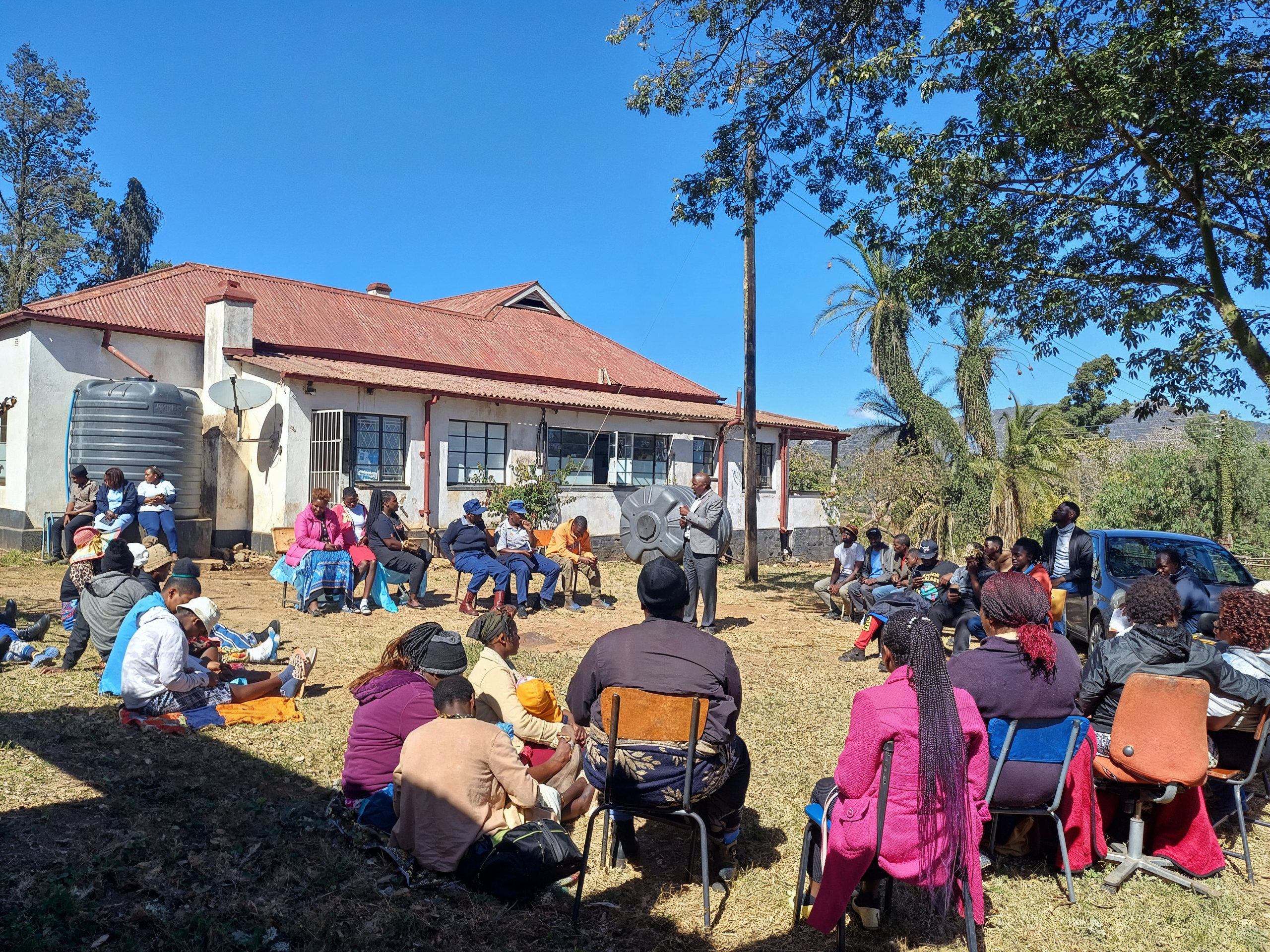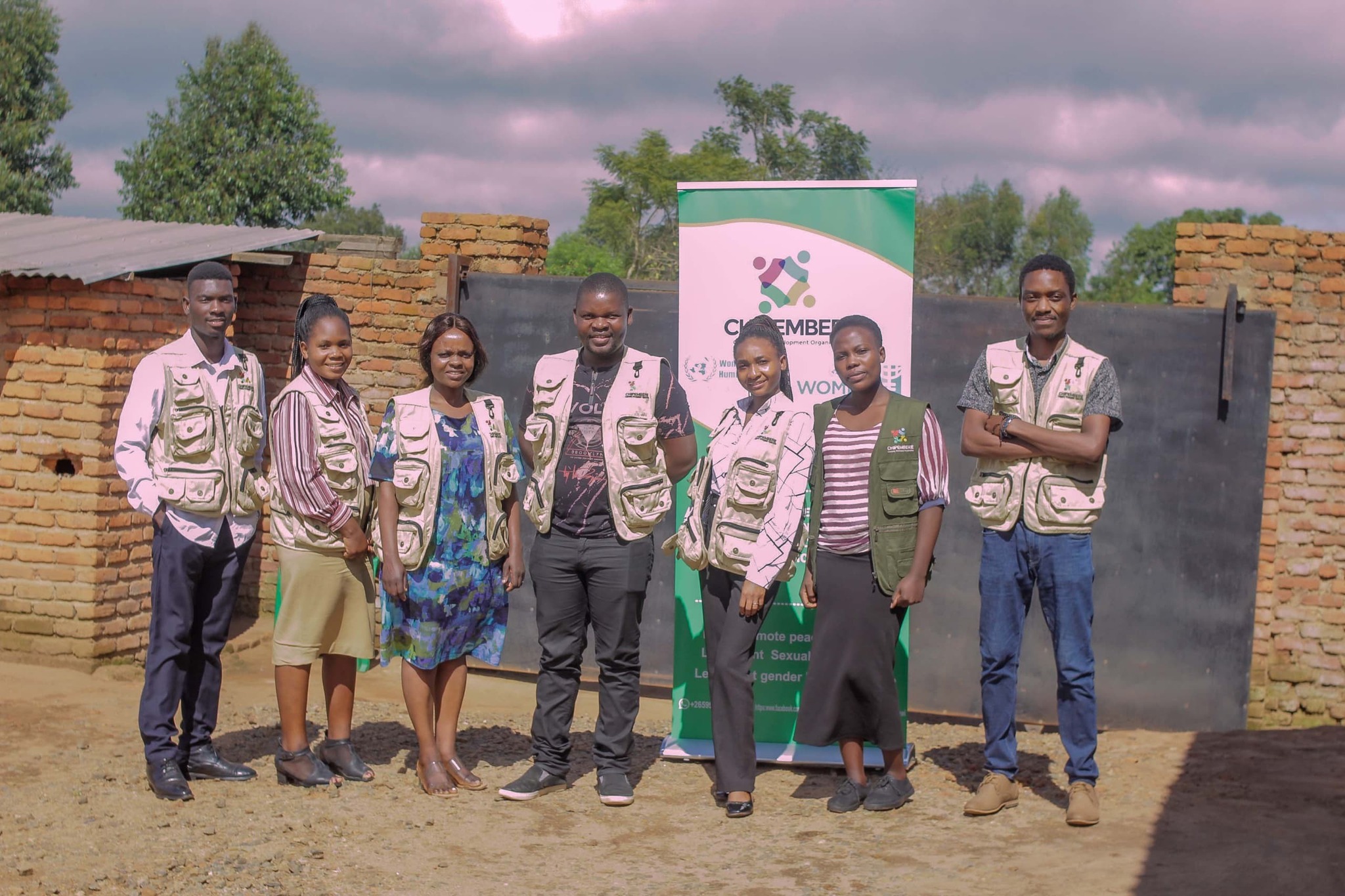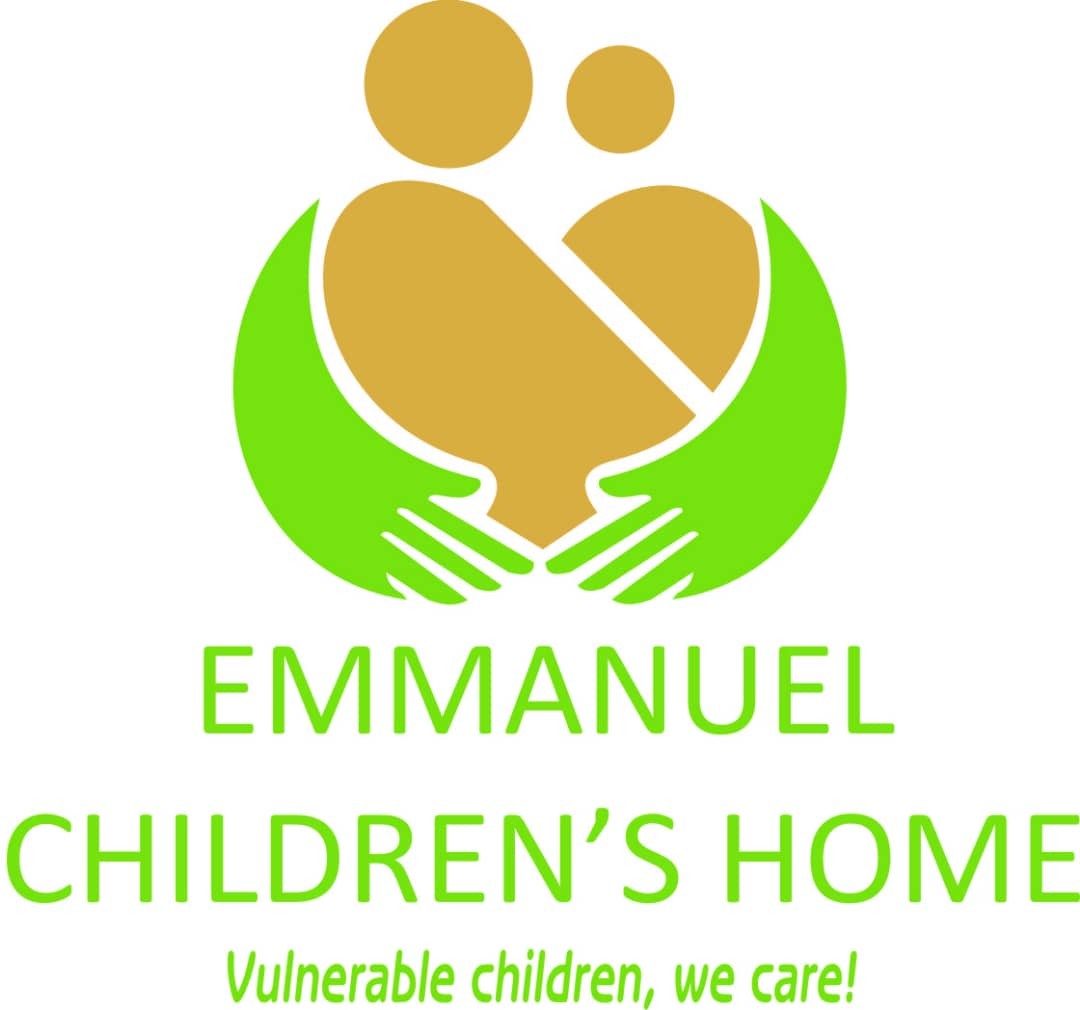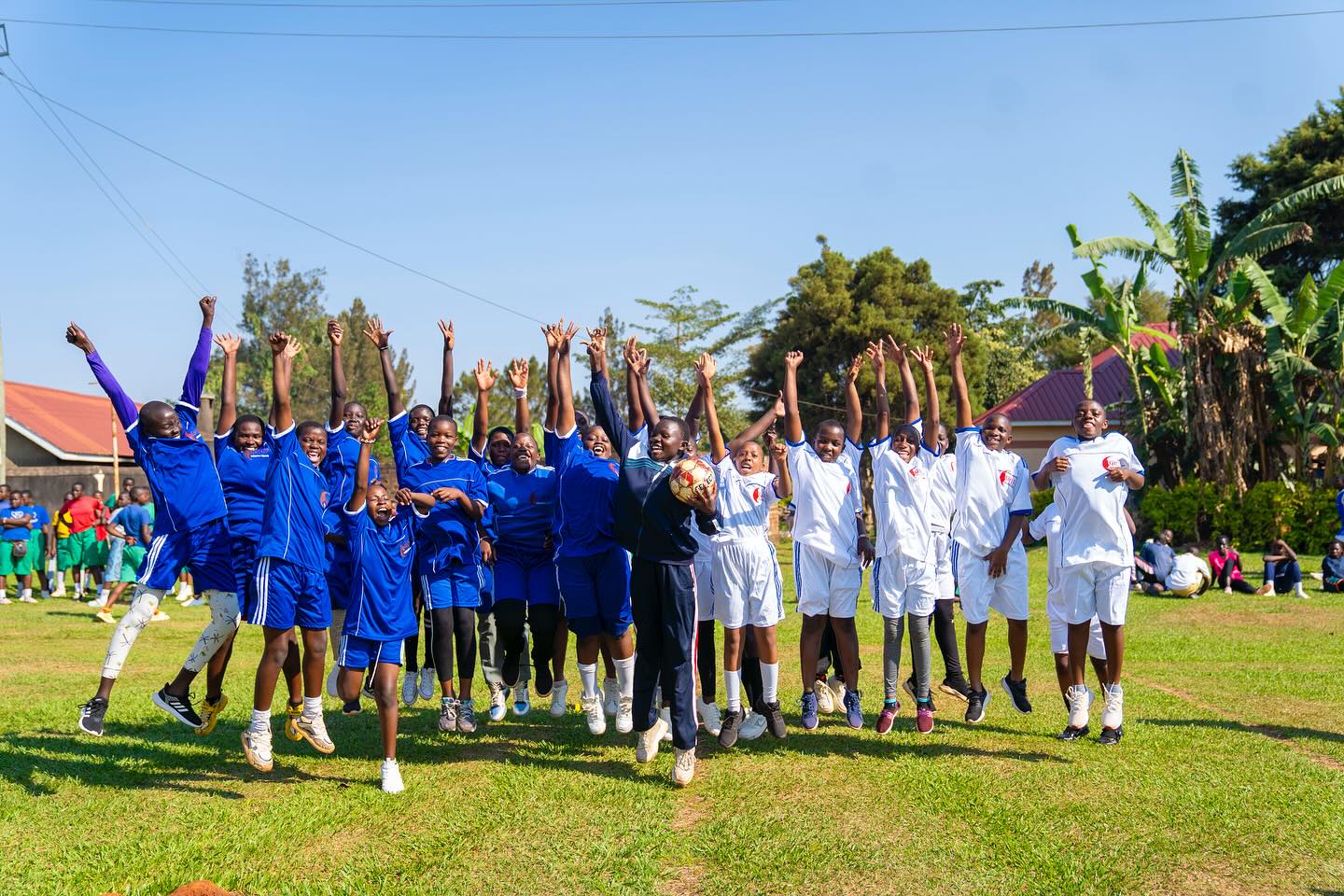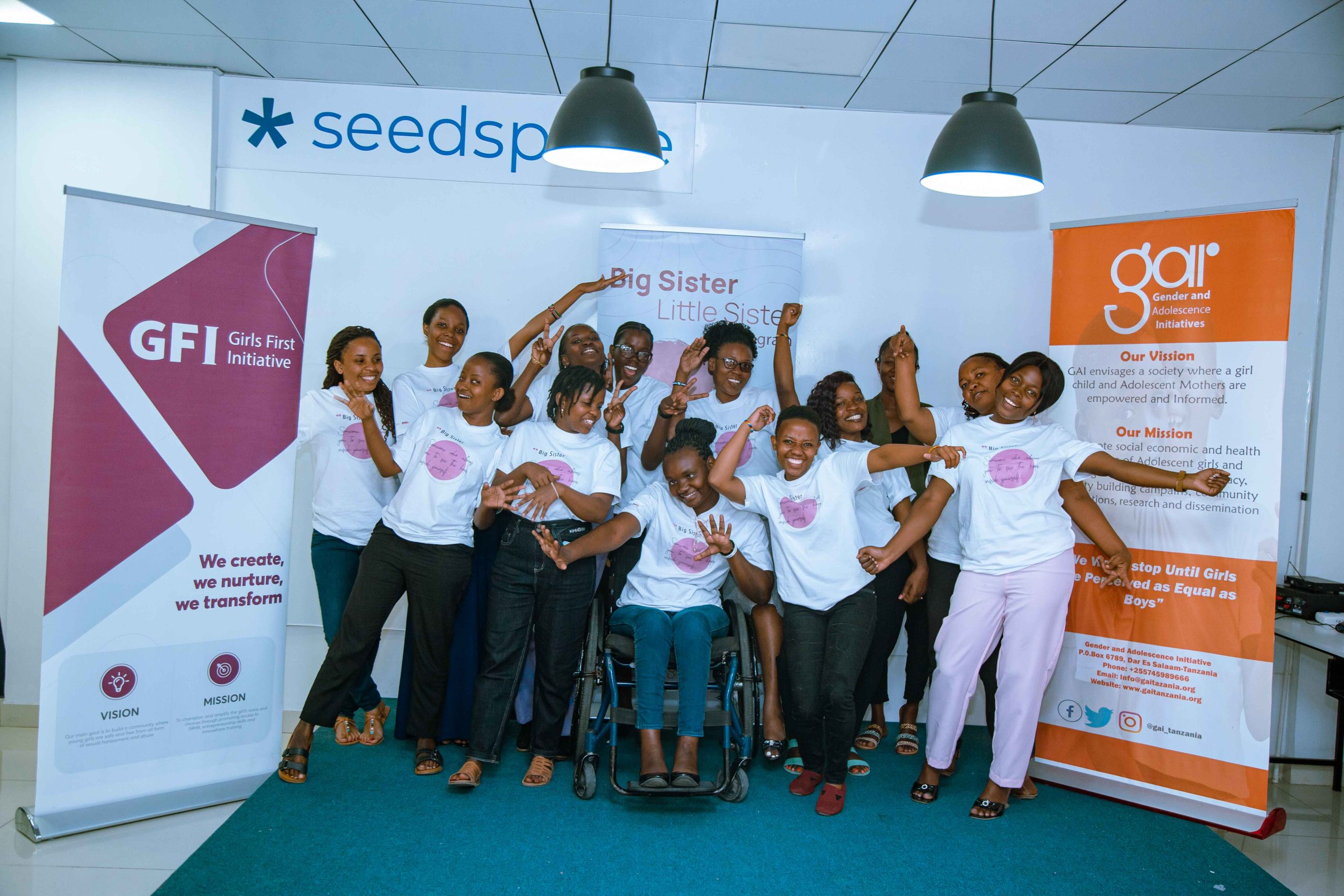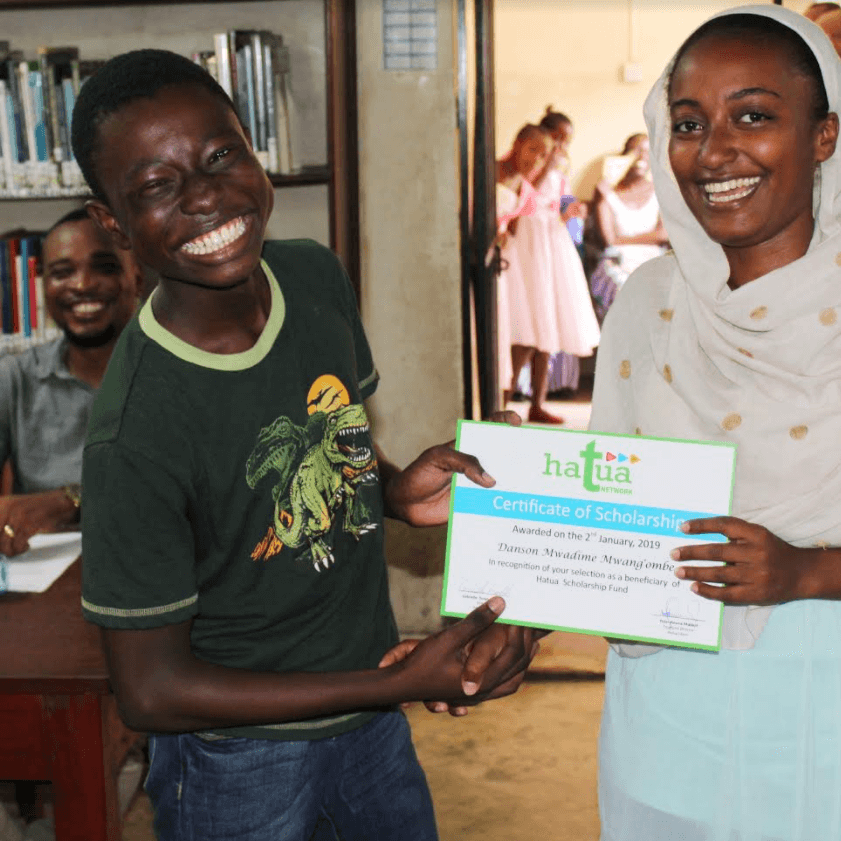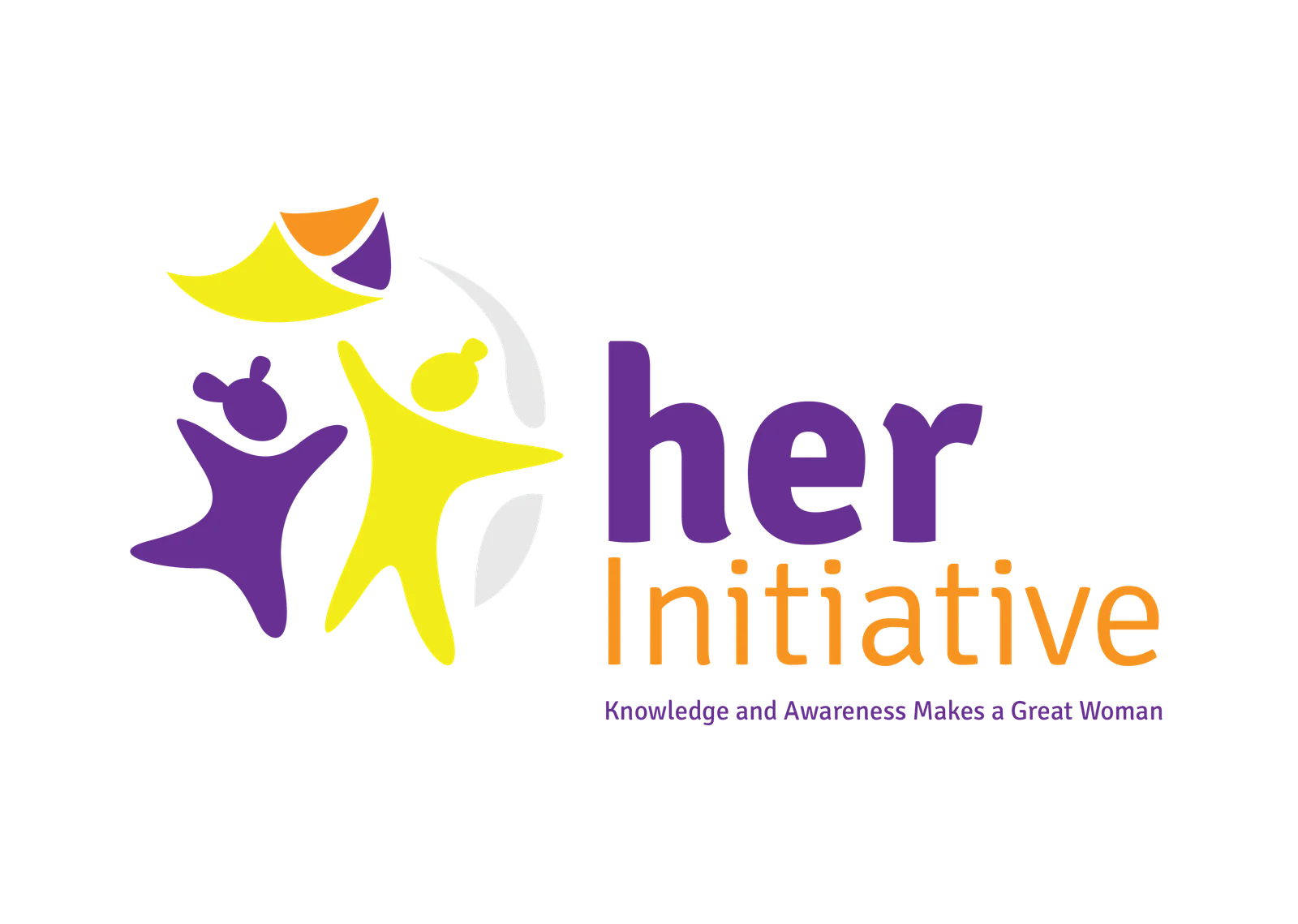-
Africa Directions
Donate nowSupporting Zambian youth
Africa Directions supports children and youth in high-density communities of Lusaka City and the rural Luapula province in Zambia, areas characterized by a high prevalence of HIV/AIDS. Their activities are aimed to build the capacity, skills, and confidence of the young people they serve.Every day over 500 youths, aged 4-26, pass through Africa Direction’s three community centers, accessing a wide range of services including sports, peer education, drama, sexual reproductive health services and information, voluntary counseling and testing, legal advice, life skills trainings and a host of other clubs and recreation activities.
-
African Community Center for Social Sustainability
Donate nowEmpowering the community through health and education
African Community Center for Social Sustainability (ACCESS) works alongside their community of Nakaseke to provide medical care, education, and economic empowerment opportunities to orphans and to children and their caregivers, with an aim to create long lasting, sustainable change. ACCESS has established a walk-in healthcare clinic in the community as well as an accredited nurse and midwifery school and community health worker program. They also provide early childhood education and secondary school support and income generating opportunities. -
Blue Hills Probation Hostel and Remand Home
Donate nowEstablished in 1959, Blue Hills provides residential care and rehabilitation to male children aged 10–18 who are destitute, neglected, or in conflict with the law. With animal husbandry and horticulture programs as cornerstones of its vocational skills curriculum, Blue Hills produces alumni who successfully reintegrate into society and pursue higher education across Zimbabwe. Currently serving 25 of its 60-child capacity, the institution is seeking resource mobilisation partnerships to bridge gaps and extend its skills-centred, transformative care to every child it is mandated to serve. Blue Hills is raising $20,000 to support this vital work, and your support will help empower more children to achieve their potential.
-
Cáritas Regional De Chokwe
Donate nowCáritas is dedicated to empowering rural communities in Mozambique’s Gaza Province by providing access to education, healthcare, psychosocial support, and nutritional programmes. At the heart of its mission is a commitment to improving the wellbeing of orphaned and vulnerable children.
To strengthen the safety net of care, Cáritas also equips caregivers and guardians with sustainable farming skills, start-up capital, and improved housing and sanitation through the construction of homes and latrines. By addressing both immediate needs and long-term resilience, the organisation ensures families can build stability and hope for the future.
This campaign seeks to raise $10,000 to expand Cáritas programmes in Gaza Province, funding food support and farming inputs for vulnerable children and their caregivers. Your support will help rural families overcome hardship and create lasting change.
-
Centre Cyprien et Daphrose Rugamba
Donate nowCentre Cyprien et Daphrose Rugamba (CECYDAR) transforms the lives of vulnerable children living on the streets in Remera, GASABO District, Kigali, through rehabilitation programs, individual and group psychosocial support, education, and life skills training.
CECYDAR prioritises reuniting children with their family members and provides training sessions to aid in the rebuilding of the parent-child relationship.
-
Chiedza Community Welfare Trust
Donate nowChiedza Community Welfare Trust supports women and children in Mutare district living with and impacted by HIV/AIDS.
Their programs around advocacy and health include providing maternal, child, and sexual and reproductive health services as well as psychosocial support and income generating projects.
-
Chipembere Community Development Organization (CCDO)
Donate nowPromoting good health and education for women, youth, and children
Chipembere Community Development Organisation (CCDO) is a women & youth-led organisation that aims to empower young people, including girls and women in the Thyolo district, to be self-reliant and to make informed decisions about their health and futures. Their programming includes providing access to healthcare and education—including early childhood development centres—improving household incomes through youth and women’s clubs, and conducting various peace-building and conflict prevention awareness campaigns. -
Emmanuel Children’s Home
Donate nowOperational since May 2025, Emmanuel Children’s Home shelters 15 orphaned, abandoned, abused, and disabled children aged 2–16 near Masvingo City. The home delivers holistic programming that includes shelter, health, nutrition, and psychosocial support, with a focus on life skills and vocational training to build long-term resilience and self-sufficiency. With all 15 children enrolled in educational programs from ECD to tertiary, Emmanuel Children’s Home is raising $20,000 to strengthen and expand its skills-building initiatives, and your support will empower Zimbabwe’s most vulnerable children.
-
Girl Up Initiative Uganda
Donate nowBuilding a vibrant movement of girls and young women
Girl Up is building a vibrant movement of strong and empowered girls and young women through transformative leadership, sexual and reproductive health education, and skills development. Girl Up provides life skills and entrepreneur training, medical care, education scholarships, and psychosocial support. They are also equipping boys to become champions of gender equality. Since their start in 2012, Girl Up has reached more than 50,000 young women and girls living in and around Kampala.
-
Girls First Initiative
Donate nowChampioning and amplifying the voices of girls
The Girls First Initiative (GFI) cultivates a nurturing and empowering ecosystem for girls and young women in the Kinondoni District of Dar es Salaam, supporting them to realise their full potential. Their programming includes providing access to quality education and health care, mentorship and economic strengthening programmes, safe spaces, and networking opportunities. -
Hatua Network Organization
Donate nowHatua Network prepares youth to thrive in Kenya’s workforce by providing promising, low-income students with access to education, career guidance, and professional networks. They have supported over 731 youth, 333 secondary school students, 252 college and university students, and 190 alumni.
-
HER Initiative
Donate nowLed by young women, HER Initiative is challenging harmful societal norms that perpetuate the cycle of poverty by empowering adolescent girls and young women across Dar es Salaam, Morogoro, Dodoma, Pwani, Mwanza, Iringa, Arusha, and Zanzibar.
Through a combination of business skills training, financial and digital literacy courses, comprehensive Sexual and Reproductive Health and Rights (SRHR) education, and tailored empowerment and mentorship programmes, HER is equipping young women to achieve financial independence and reclaim agency over their lives.

